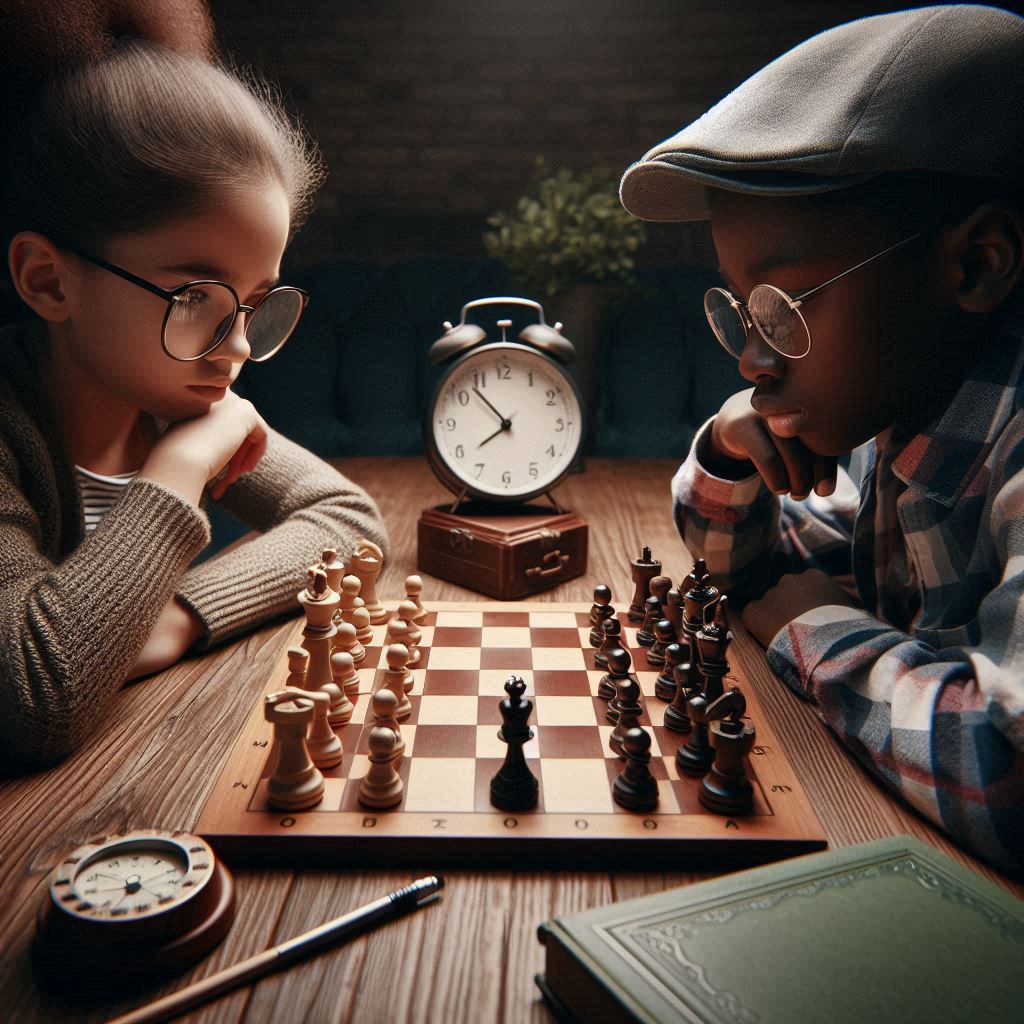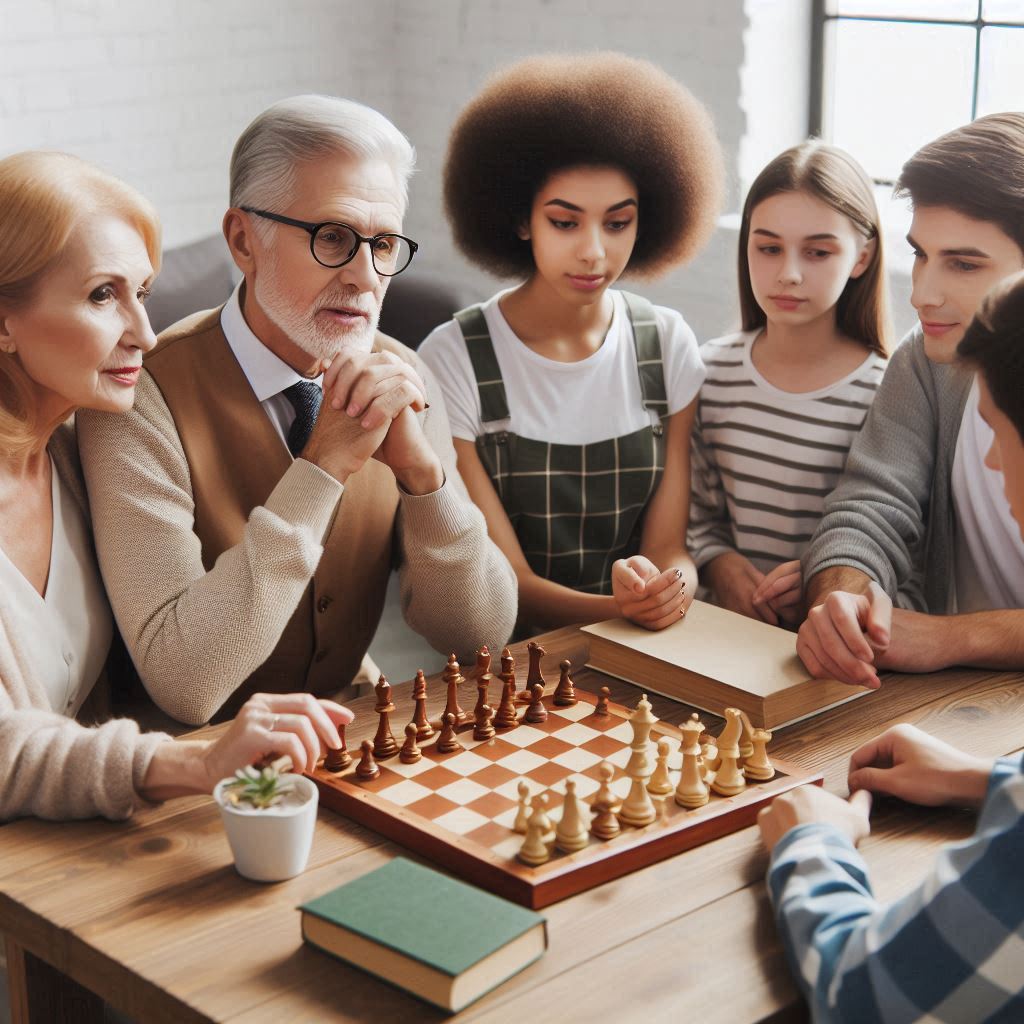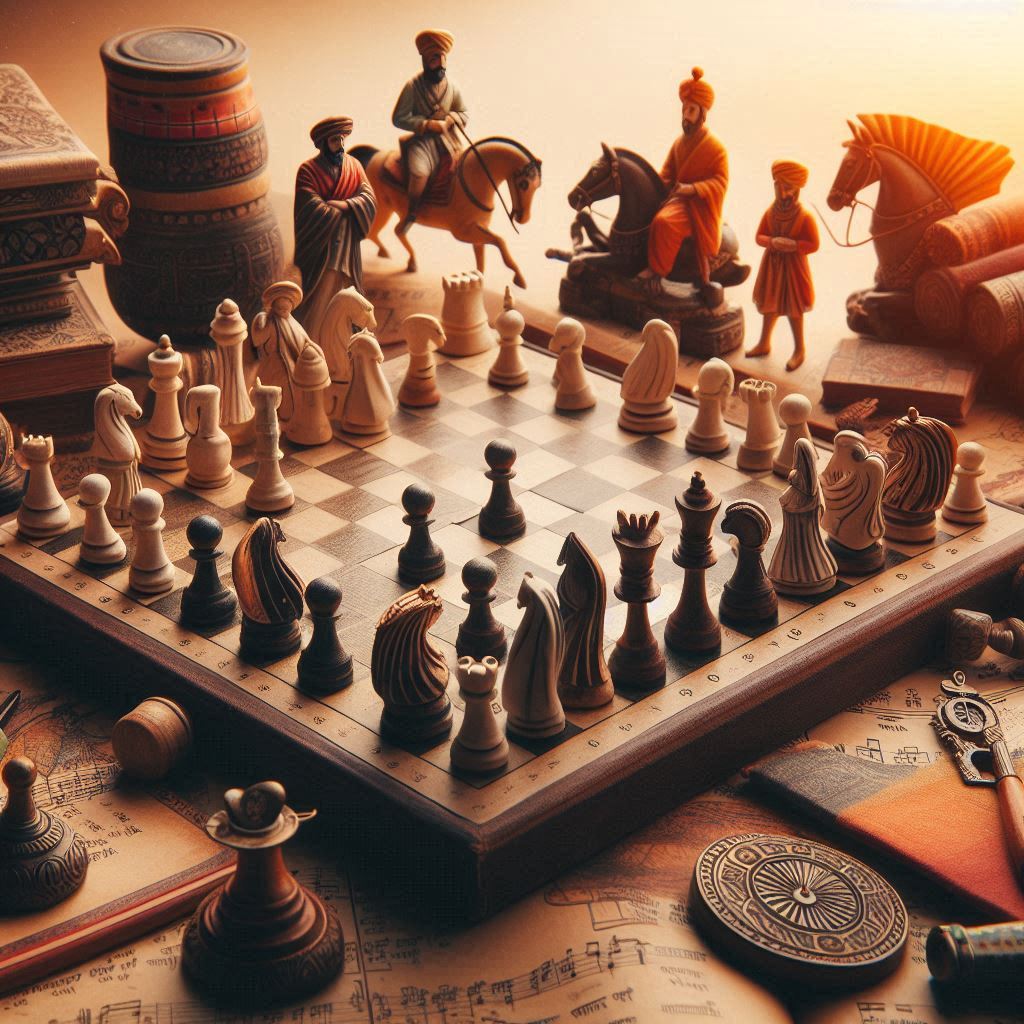Introduction
Chess, a game of strategic depth and mental prowess, requires not just knowledge and intuition but also strong calculation skills. Calculation in chess refers to the ability to foresee moves and their consequences several steps ahead. This skill is essential for both amateur and professional players aiming to enhance their performance and outwit their opponents. In this comprehensive guide, we will delve into various techniques and practices to help you improve your chess calculation skills.
Understanding Chess Calculation
What is Chess Calculation?
Chess calculation involves predicting future moves, both yours and your opponent’s, to determine the best course of action. It is a critical skill that differentiates strong players from beginners. Good calculation helps in planning strategies, anticipating threats, and executing tactical maneuvers.
Importance of Calculation in Chess
Effective calculation can mean the difference between winning and losing. It enables you to avoid blunders, spot opportunities, and capitalize on your opponent’s mistakes. Strong calculation skills are essential for tactical sharpness and strategic depth.
Developing Calculation Skills
Consistent Practice
Consistent practice is the cornerstone of improving your chess calculation skills. Regularly solving chess puzzles and engaging in practice games will help sharpen your mind and enhance your ability to calculate multiple moves ahead.
Analyzing Games
Analyzing both your games and those of grandmasters can provide valuable insights into effective calculation techniques. Understanding why certain moves were made and the calculations behind them can help you apply similar strategies in your own games.
Visualizing Moves
Practicing visualization exercises, such as blindfold chess, can significantly boost your calculation skills. This exercise trains your mind to hold and manipulate positions mentally, enhancing your ability to foresee multiple moves ahead.
Effective Training Methods
Solving Chess Puzzles
Chess puzzles are excellent for improving calculation. They challenge you to find the best move in a given position, often requiring deep calculation and analysis. Websites like Chess.com and Lichess.org offer a plethora of puzzles suited for all skill levels.
Playing Blitz and Bullet Games
Blitz and bullet games, with their shorter time controls, force you to calculate quickly and efficiently. These games help improve your speed and accuracy in calculation under time pressure.
Utilizing Chess Software
Chess software like Fritz and Stockfish can be valuable tools for training your calculation skills. These programs can analyze your games, provide puzzles, and simulate positions to help you practice calculating variations.
Techniques for Better Calculation
The Tree of Analysis
The tree of analysis is a systematic method of calculation. It involves branching out from the current position, exploring different move sequences, and evaluating the resulting positions. This method helps in structuring your calculation process.
Candidate Moves
Identifying candidate moves—plausible moves worth considering—can streamline your calculation process. Focus on a few strong moves rather than calculating every possible move, which can be overwhelming and inefficient.
Backward Calculation
Backward calculation involves starting from the desired end position and working backwards to determine the sequence of moves that will get you there. This technique is particularly useful in endgames.
Common Calculation Mistakes
Overlooking Opponent’s Threats
A common mistake is focusing solely on your own plans and overlooking your opponent’s threats. Always consider what your opponent can do in response to your moves.
Calculating Too Deeply
While deep calculation is important, over-calculating can lead to time trouble and missed opportunities. Balance depth with practicality, especially in games with time controls.
Ignoring Simple Tactics
Sometimes, simple tactics can be overlooked in favor of more complex calculations. Ensure you check for basic tactical opportunities before diving into deeper analysis.
Enhancing Your Mental Stamina
Physical Exercise
Physical fitness can impact mental stamina. Regular exercise improves overall brain function, concentration, and endurance, which are crucial for long calculation sessions.
Mindfulness and Focus
Practicing mindfulness and focus exercises can help improve your concentration and mental clarity, essential for effective calculation.
The Role of Memory in Calculation
Pattern Recognition
Strong memory aids in recognizing common patterns and positions, allowing you to calculate more efficiently. Studying common tactical motifs and endgame positions can enhance your pattern recognition skills.
Repetition and Reinforcement
Repetition and reinforcement through practice help solidify your memory. Regularly revisiting and practicing known positions can make calculation in similar situations more intuitive.
Advanced Calculation Strategies
The Principle of Two Weaknesses
The principle of two weaknesses involves creating two simultaneous threats or weaknesses in your opponent’s position. This strategy often requires deep calculation to execute effectively.
Sacrifices and Combinations
Sacrifices and combinations are advanced tactical concepts that require precise calculation. Mastering these concepts can significantly enhance your ability to calculate complex positions.
Practicing with Real Opponents
Online Platforms
Online chess platforms like Chess.com and Lichess.org provide opportunities to play against opponents of varying skill levels, helping you practice and improve your calculation skills in real-time games.
Chess Clubs and Tournaments
Joining a chess club or participating in tournaments offers the chance to play against diverse opponents and receive feedback on your games, further honing your calculation abilities.
Setting Calculation Goals
Short-term Goals
Set achievable short-term goals, such as solving a certain number of puzzles daily or playing a specific number of blitz games. These goals help maintain consistency and measure progress.
Long-term Goals
Long-term goals, such as achieving a higher rating or mastering specific tactical themes, provide direction and motivation for sustained improvement in your calculation skills.
Utilizing Technology for Improvement
Chess Databases
Chess databases provide access to millions of games, allowing you to study different positions and calculations from top players. Resources like ChessBase can be invaluable for serious study.
Mobile Apps
Mobile apps like Chess.com’s app and Lichess offer on-the-go training with puzzles, lessons, and the ability to play games against others, helping you practice calculation anytime, anywhere.
Learning from Grandmasters
Studying Grandmaster Games
Studying the games of grandmasters offers insights into high-level calculation. Pay attention to how they handle complex positions and their decision-making processes.
Watching Online Tutorials
Many grandmasters offer online tutorials and courses that focus on improving calculation skills. Websites like Chess24 and YouTube channels by top players provide valuable learning resources.
Building a Strong Foundation
Mastering the Basics
Before diving into advanced calculations, ensure you have a solid understanding of chess fundamentals. Strong basics provide a foundation for more complex calculations.
Consistent Review and Practice
Regularly reviewing your progress and practicing consistently is key to continuous improvement. Reflect on your games, identify areas for improvement, and adjust your training accordingly.
Developing a Calculation Routine
Daily Practice
Incorporate daily calculation practice into your routine. Even short, focused sessions can yield significant improvements over time.
Balanced Training
Balance your training between solving puzzles, playing games, and studying theory to develop well-rounded calculation skills.
Enhancing Calculation with Tactical Training
Tactical Drills
Tactical drills specifically target your ability to calculate and execute tactical ideas. Regular tactical training improves your speed and accuracy in calculation.
Thematic Puzzles
Thematic puzzles focus on specific tactical motifs or types of positions, helping you recognize and calculate similar scenarios more efficiently in your games.
Staying Motivated and Consistent
Tracking Progress
Keep track of your progress through rating improvements, puzzle-solving statistics, and game analysis. Tracking progress provides motivation and helps identify areas for further improvement.
Seeking Feedback
Feedback from coaches, stronger players, or analysis tools can provide valuable insights into your calculation strengths and weaknesses, guiding your training efforts.
FAQs
How can I improve my chess calculation speed? Improving speed comes with consistent practice, especially through blitz and bullet games. Additionally, solving timed puzzles can help enhance your quick calculation abilities.
What are the best resources for learning chess calculation? Online platforms like Chess.com, Lichess, and ChessBase offer puzzles, tutorials, and game analysis tools that are excellent for improving calculation skills. Books by grandmasters also provide valuable insights.
How important is visualization in chess calculation? Visualization is crucial as it allows you to mentally manipulate and analyze positions without moving pieces on the board. Practicing visualization exercises like blindfold chess can significantly improve this skill.
Can physical fitness affect my chess calculation skills? Yes, physical fitness impacts overall brain function, concentration, and mental stamina, all of which are essential for effective chess calculation. Regular exercise can therefore enhance your calculation abilities.
How often should I practice to see improvement? Consistent daily practice, even in short sessions, is key to improvement. Aim to solve puzzles, analyze games, and play regularly to steadily enhance your calculation skills.
What are some common calculation mistakes to avoid? Common mistakes include overlooking your opponent’s threats, calculating too deeply and missing simpler options, and ignoring basic tactical opportunities. Balancing depth with practicality is crucial.
Conclusion
Improving your chess calculation skills is a journey that requires dedication, practice, and strategic training. By incorporating the methods and techniques discussed in this guide, you can enhance your ability to foresee moves, execute tactical plans, and ultimately elevate your chess game. Remember, consistent effort and a balanced approach to training will yield the best results. Happy calculating!



